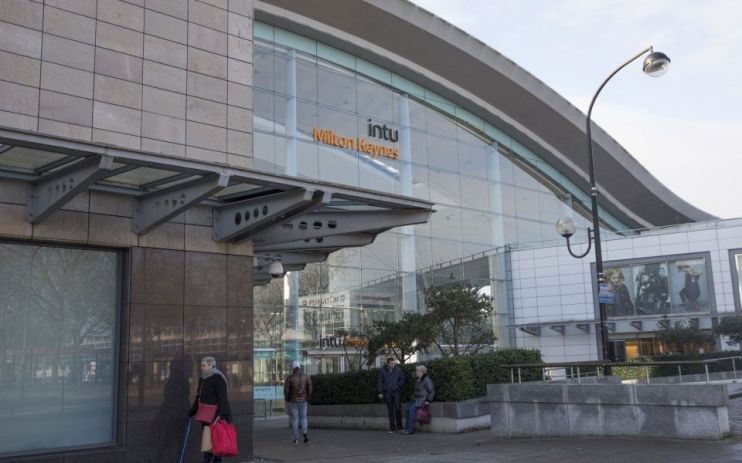Retail landlord Intu seeks debt standstill as rent payments fall in lockdown

Embattled retail landlord Intu said this morning that it is seeking debt standstills from its lenders as it warned it expects to breach covenants next month due to a slump in tenant rent payments.
Intu, which owns Manchester’s Trafford Centre, said the impact of unpaid rent and plummeting property valuations was likely to result in breaches of its debt commitments at the end of June.
Earlier this month the landlord warned that it will take “robust” action against larger tenants that fail to pay rent during the crisis. Intu revealed that it had collected rent payment from just 29 per cent of tenants at the end of March, compared to 77 per cent in 2019.
The firm, which has been forced to close its shopping centres apart from essential stores during the coronavirus crisis, is seeking an agreement with lenders to delay debt repayments until the end of next year.
Interest accrued during the standstill period would be subject to a “pay if you can” agreement.
Intu said it is unlikely to be able to dispose of assets or raise extra funds due to the economic impact of the coronavirus pandemic.
The company, which was struggling before the coronavirus pandemic took hold in the UK, was forced to cancel a £1bn emergency cash call in March due to a lack of investor interest.
It had been planning to use the funds to fix its debt-laden balance sheet.
“This market backdrop, where the investment market is effectively closed, also creates material uncertainty for any asset disposal or additional funding process which intu might pursue to address these covenant issues,” the company said.
It added: “Intu believes that the best way forward is achieving stability through such a standstill until the market dislocation has stabilised and asset valuations and portfolio performance can be better understood by investors and debt providers and risk can be appropriately priced.
“When market dislocation has passed, there will be greater opportunity to explore alternative capital structures and solutions and disposals to ultimately fix the balance sheet.”